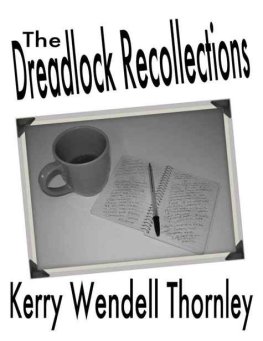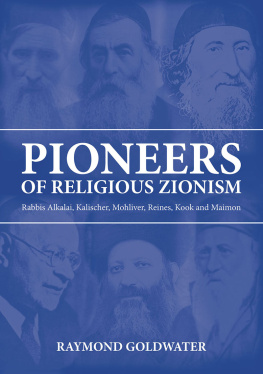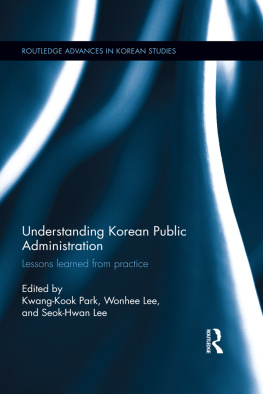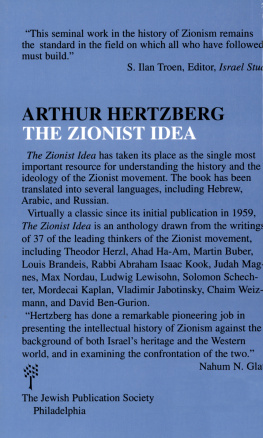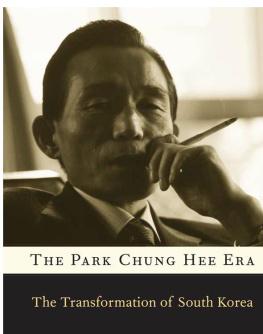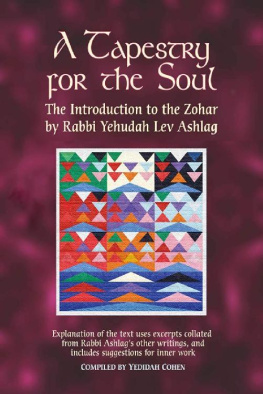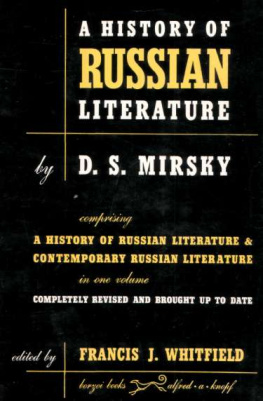Yehudah Mirsky - Rav Kook
Here you can read online Yehudah Mirsky - Rav Kook full text of the book (entire story) in english for free. Download pdf and epub, get meaning, cover and reviews about this ebook. year: 2014, publisher: YaleUP, genre: Home and family. Description of the work, (preface) as well as reviews are available. Best literature library LitArk.com created for fans of good reading and offers a wide selection of genres:
Romance novel
Science fiction
Adventure
Detective
Science
History
Home and family
Prose
Art
Politics
Computer
Non-fiction
Religion
Business
Children
Humor
Choose a favorite category and find really read worthwhile books. Enjoy immersion in the world of imagination, feel the emotions of the characters or learn something new for yourself, make an fascinating discovery.

- Book:Rav Kook
- Author:
- Publisher:YaleUP
- Genre:
- Year:2014
- Rating:3 / 5
- Favourites:Add to favourites
- Your mark:
- 60
- 1
- 2
- 3
- 4
- 5
Rav Kook: summary, description and annotation
We offer to read an annotation, description, summary or preface (depends on what the author of the book "Rav Kook" wrote himself). If you haven't found the necessary information about the book — write in the comments, we will try to find it.
Rav Kook — read online for free the complete book (whole text) full work
Below is the text of the book, divided by pages. System saving the place of the last page read, allows you to conveniently read the book "Rav Kook" online for free, without having to search again every time where you left off. Put a bookmark, and you can go to the page where you finished reading at any time.
Font size:
Interval:
Bookmark:
RAV KOOK

Mystic in a Time of Revolution
YEHUDAH MIRSKY

Yale
UNIVERSITY
PRESS
New Haven and London
Frontispiece: Rav Kook, in Jerusalem during the years of his chief rabbinate.
Copyright 2014 by Yehudah Mirsky.
All rights reserved.
This book may not be reproduced, in whole or in part, including illustrations, in any form (beyond that copying permitted by Sections 107 and 108 of the U.S. Copyright Law and except by reviewers for the public press), without written permission from the publishers.
Yale University Press books may be purchased in quantity for educational, business, or promotional use. For information, please e-mail sales.press@yale.edu (U.S. office) or sales@yaleup.co.uk (U.K. office).
Set in Janson type by Integrated Publishing Solutions.
Printed in the United States of America.
Library of Congress Cataloging-in-Publication Data
Mirsky, Yehudah, author.
Rav Kook : mystic in a time of revolution / Yehudah Mirsky.
pages cm. (Jewish lives)
Includes bibliographical references and index.
ISBN 978-0-300-16424-4 (hardback)
1. Kook, Abraham Isaac, 1865-1935. 2. RabbisBiography. 3. Rabbis
JerusalemBiography. I. Title.
BM755.K66M57 2013
296.832092dc23
[B]
2013026566
A catalogue record for this book is available from the British Library.
This paper meets the requirements of ANSI/NISO Z39.48-1992
(Permanence of Paper).
10 9 8 7 6 5 4 3 2 1
In memory of my father, Rabbi Professor David Mirsky ztl
And in honor of my mother, Sarrah Appel Mirsky

Do I contradict myself?
Very well then... I contradict myself;
I am large... I contain multitudes.
Walt Whitman
Our only resting place is in God.
Avraham Yitzhak Kook
,
,
,
,
,
,
,
,
,
,
,
THIS VOLUME offers a brief, accessible presentation of the life, teachings, and legacy of Rabbi Avraham Yitzhak Kook, a colossal figure little known in the English-speaking world. It also tries to fill the crying scholarly need for a one-volume study in English to go alongside the vast and growing body of literature on him in Hebrew. It is addressed to readers new to the man, the period, and his teachings, as well as to those already familiar with them. This attempt to create a fellowship of readers from disparate communities is more than fitting for a book about a man who tried to do the same on a vastly more consequential scale.
Unless otherwise stated, all translations are my own; in the case of classical texts, I consulted several translations and tried to offer the one best suited to the passage at hand. Transliterating Hebrew into English is an inexact science, and I strove for both consistency and readability while adhering to famil iar transliterations (for example, Yitzhak, Kook) and subjects own preferences for the rendering of their names (for example, Haim Cohn). Sources for direct quotations are found in the notes at the end of the volume, and a bibliographic essay provides some basics of scholarship and suggestions for further reading. Rav Kooks writings are studded with allusions to a vast range of texts. His and others allusions to Biblical, Tal-mudic, and other basic classical texts are italicized, and sources are given; the full range of his allusions, the vast scholarship on him and his thought, and much else are waiting for us to discover.
The ceaseless prayer of the soul strives ever to emerge from hiding into the open, to spread over all the living energies of all the spirit and soul and the forces of the body entire... So it is that all of Torah and its wisdom is the ceaseless revelation of the hidden prayer of the soul.
Avraham Yitzhak Ha-Cohen Kook,
Pinkesei Ha-Reiyah and Olat Reiyah
THOUGH HE DIED IN 1935, Rav Avraham Yitzhak Kook (Rabbi Abraham Isaac Kook) still towers in contemporary Israeli politics and Jewish spirituality; neither can properly be understood without him. His controversial life and the colossal body of writing he left behind offer powerful lessons and pose difficult questions. The contradictions of his life and thought are in many ways the defining contradictions of modern Jewish history. The dream of synthesis on which he staked his lifetoday as elusive as in his timestill, for many, endures.
Rav Kook is today best known in the Westif at allas the founding chief rabbi of modern Israel and the spiritual godfather of Religious Zionism. Yet these superlative biographical facts are in many ways the least interesting things about him. Rabbi, philosopher, Talmudist, communal leader, poet, mystic, and tzaddik, Rav Kook resists easy categorization. The endless play of light and shadow in his mind, at times fevered, at others serene, recasts the conventional ideas of his time in new and complicated patterns.
Born in 1865, Rav Kook lived through religious, political, and social revolutions in a wide variety of settings, all roiled in extraordinary ferment and uncertainty. He witnessed the throes of Rabbinic Judaism in the last decades of the Russian Empire, the new settlements of early twentieth-century Palestine, the Europe of World War I, and interwar Jerusalem. He engaged with the leading political, cultural, and religious figures of the time and became one of them. All these historic changes and human encounters registered on him with unnerving intensity. In his extraordinary lyric vision, fueled by the Kabbalah, Western philosophy, the rise of nationalism, and socialist universal-ism, the secular idealism of the early Zionists became fused into a great surge of human history toward its final resting place in God. To a disciple who asked for a summation of his philosophy, he replied that everythinghumanity, the world, the divine itselfis rising.
His life was riddled with contradiction. The greatest theologian of Religious Zionism, he never joined the Zionist movement; a man who lived a life of the strictest ultra-Orthodox observance, he welcomed heresy as a cleansing bonfire whose embers would yield a new revelation. On the same day he might compose erudite and detailed legal opinions, reams of official correspondence, and shimmering mystical visions. In his writings, sometimes on the same page, one finds examples of penetrating philosophical and human insight alongside evidence of striking political and social naivet. An ethical universalist who saw socialism and even vegetarianism as vibrant and revelatory stages in the moral redemption of humankind, Rav Kook imputed to the physical reality of the Jewish people and the Land of Israel an essential sacredness that is shocking and at times disturbing. He was a deeply dialectical thinker whose contradictions, and the attempts to resolve them, have fueled generations of political and spiritual struggles down to the present day. His writings have fired the settler movement, which has reshaped Israeli politics, and have inspired the settlers critics on the religious left. The messianic zeal of many settlers and their worship of the land are grounded in their reading of his teachings, as is the ethical and universalizing reach of their more moderate counterparts. The rabbinic institutions he created in an effort to unite the Jewish people and introduce reforms into Jewish law have become strongholds of Orthodox chauvinism and religious reaction in Israeli society today.
Next pageFont size:
Interval:
Bookmark:
Similar books «Rav Kook»
Look at similar books to Rav Kook. We have selected literature similar in name and meaning in the hope of providing readers with more options to find new, interesting, not yet read works.
Discussion, reviews of the book Rav Kook and just readers' own opinions. Leave your comments, write what you think about the work, its meaning or the main characters. Specify what exactly you liked and what you didn't like, and why you think so.

